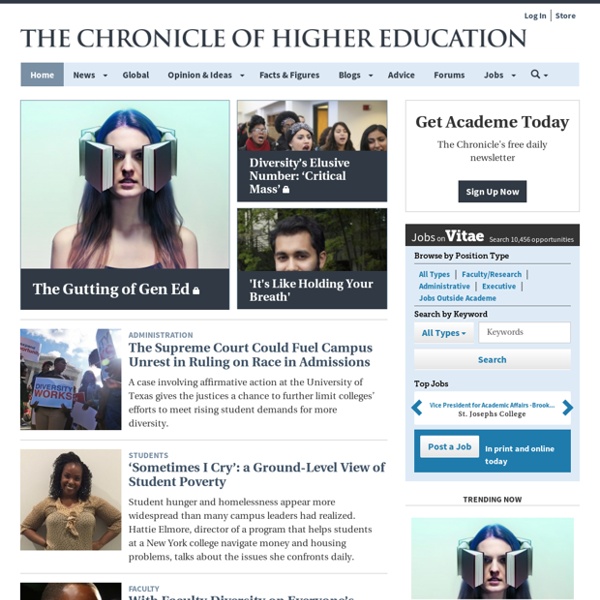



My TEDx Talk, "How I Stopped Worrying and Learned to Love Discussing Race." My TEDx Talk, "How I Stopped Worrying and Learned to Love Discussing Race." This is the TEDx Talk I gave at Hampshire College last month, my first time doing this type of presentation but the school's all-star organizers and audience made it a great experience. Much thanks to everyone at Hampshire College for putting this event together, you should check out all the talks from that day, I felt like they each touched on related themes and complemented each other really well. Special thanks to my good friend (and Hampshire alum, coincidentally) Joe Schloss for the conversations that helped inspire the talk. Text adaptation of the speech below. (thanks to Cat deVice!) I want to talk a little bit about race tonight. This is in part because growing up as a very light-skinned black man of mixed descent I often find myself in sort of peculiar race-based conversations. That’s a conversation we all find ourselves in from time to time.
Science Daily: News & Articles in Science, Health, Environment & Technology math lessons and math help [nytlabs] Terra Forming Terra Watch Naruto Shippuden Episodes Shippuuden Online Subbed and Dubbed How Has The Internet Changed Education? [Infographic] If you want evidence of the way the internet is pervading every aspect of our lives, you need look no further than its effect on education. The internet and social media have dramatically changed both teaching and learning. In fact, most students’ (an incredible 93 percent) first instinct when confronted with a research problem is to turn to Google or Bing to get information rather than going to the library, and despite the best efforts of faculty to discourage its use, Wikipedia is the research resource that is used most often. It’s not only students that are turning to the web, however. A whopping 90 percent of faculty uses social media in the courses they’re teaching, and 8 in 10 have used online video in class. In addition, colleges and universities are reaching out to students in a way they never could before—85 percent of admissions offices use some sort of social media, from video blogging to social networking. Sources:
Scientific Integrity: Let Science Do Its Job Our civilization is built on a foundation of science. Life as we know it is the result of a remarkable series of technological advances over the past few centuries—advances largely driven by partnerships between science and government. But science can only thrive when it’s independent. When commercial or ideological interests pressure scientists to distort or suppress their findings, science is weakened, and we all lose. Our scientific integrity work began in 2004 in response to a growing problem of political interference in government science. Our advocacy on this issue helped win a promise from the incoming Obama administration to pursue scientific integrity reform. Now, science-based safeguards that have long protected us are under attack in Congress. UCS is fighting back—helping scientists respond to political attacks, working to preserve science-based safeguards, and keeping the pressure on for federal scientific integrity reform. Corporate Interference in Science Support Our Work
Everything Nokia, S60, and more! | Nokia Experts Technology in Education Group News Some of the best minds in neuroscience and education gathered in Boston earlier this month to explore how to prepare students for life in the 21st Century -- what they will need to be able to do, how they will need to be able to think, and what brain research is telling us about how to improve cognition. For some time, groups like the Partnership for 21st Century Skills have been talking about the new paradigm of college- and career-readiness, emphasizing the fact that both higher education and employers bemoan the lack of skills such as collaboration, creativity and critical thinking among applicants. A number of presentations at the Learning and the Brain Conference probed the neurological underpinnings of collaboration, creativity and critical thinking, which some called "minds," some called "brainsets" and others referred to simply as "survival skills." More information on upcoming Learning and the Brain conferences. Top Athletic Performance Requires Strong Cognitive Skills
The Science Network The #1 HP webOS, TouchPad, Pre, and Veer Community | PreCentral.net Classroom of the future? A response This article from the New York Times on the use of technology in classrooms and test scores merited a response: Dear Mr. Richtel– I enjoyed your article “In Classroom of Future, Stagnant Scores” — but I have a key concern. The entire “debate” around the use of technology in classrooms is focused around using new technologies to teach the same, old stuff. Instead of using these tools to teach centuries-old subject matter, perhaps we should instead use them to help us develop meaningful skills and personal knowledge — and to enhance our capacities to imagine, create, and innovate. Any furtherance of using such devices for “teaching” ancient information hinders the potentials these technologies provide, and puts our children at risk by excluding them from the co-creation of opportunities in the 21st century. Sincerely, John W.
It's Okay To Be Smart